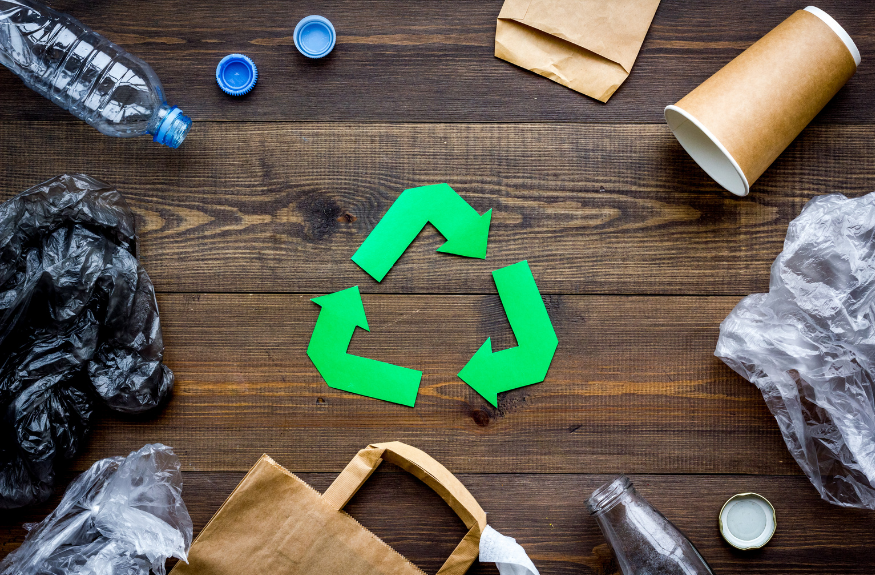Sustainable O+M Purchasing
Sustainability is at the forefront of many minds, from building managers to office tenants, sustainable operations are a trendy topic for many in Commercial Real Estate (CRE). Sustainable operations and maintenance (O+M) purchasing is integral for environmental impact and building certifications. Here are a few ways to keep an eye out for sustainable purchasing options.
Look at the Label
Are your building materials sustainable? Are they sustainably procured? Per the U.S. Green Building Council (USGBC), construction and demolition waste constitutes 40 percent of all solid waste in the United States. Building materials are a large part in sustainability, and you can find out how sustainable your materials are by simply reading the label.
Office supplies are in the same boat, there are sustainable options for almost everything, from printer paper, electronics, trash bags, to even the cork in a board. Sustainable options can be found in the same manner as materials, by reading through their label or product disclosures.
Leadership in Energy and Environmental Design (LEED) provides guidelines on sustainable materials and supplies, and their credit system gives guidance on what to avoid in procurement. Reductions in lead, mercury, copper, and cadmium all provide credits under LEED v4, and labels will let you know if they reside in purchased materials and supplies.
Consider the Life Cycle
Where does your paper go when you throw it away? What about the plastics? Many manufacturers are starting to consider the life cycle of materials and products, not just their use and recyclability. LEED values life-cycle considerations highly in their accreditation, so consider manufacturers and retailers that think of where your materials and supplies go after you are done with them.
The U.S. Plastics Pact is a coalition that aims to recycle or compost 50 percent of plastic packaging by 2025. Many corporations have signed on to this pact to reduce plastic waste, such as Walmart, Coca-Cola, General Mills, Target, and many more. Sustainability has gained steam in recent years and continues to increase as consumers insist on eco-friendly options.
The Bottom Line
Keep an eye on the labels and consider the long-term effect of your materials and supplies. This investment into your bottom line will only improve with time. Between novel legislation and improving public opinion on sustainability, investing early in sustainable options will keep you ahead of the pack, and the ability to market that to prospective tenants and investors will only exist while it is novel.
Tax Code Section 179D provides a direct tax deduction based on how much you reduce your impact, and the currently proposed GREEN Act of 2021 would increase 179D’s incentives and create new deductions. Many tenants want an eco-friendly office environment, and sustainable purchasing options will likely continue their price decline, making continued sustainable purchases easier.
To stay up to date on news and resources such as this and other topics of importance to the real estate industry, subscribe to the free CRE Insight Journal Newsletter using this link.









